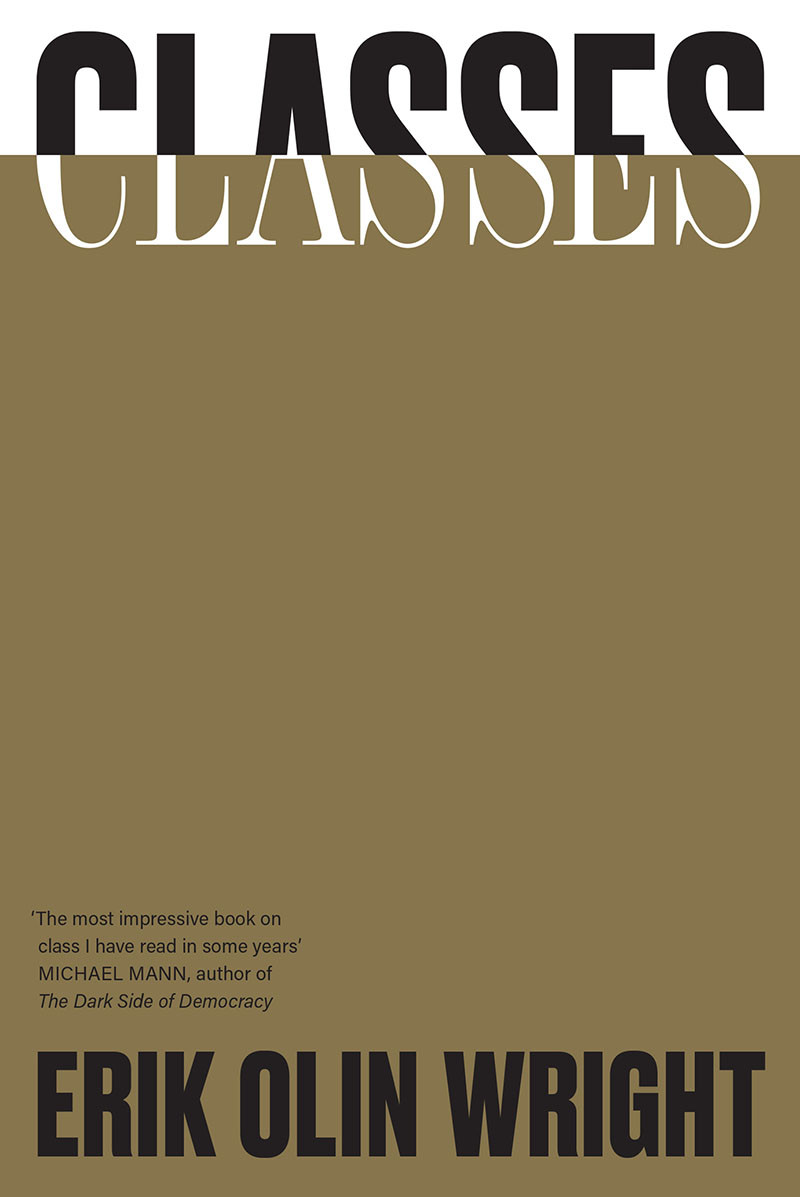

Most ebook files are in PDF format, so you can easily read them using various software such as Foxit Reader or directly on the Google Chrome browser.
Some ebook files are released by publishers in other formats such as .awz, .mobi, .epub, .fb2, etc. You may need to install specific software to read these formats on mobile/PC, such as Calibre.
Please read the tutorial at this link: https://ebookbell.com/faq
We offer FREE conversion to the popular formats you request; however, this may take some time. Therefore, right after payment, please email us, and we will try to provide the service as quickly as possible.
For some exceptional file formats or broken links (if any), please refrain from opening any disputes. Instead, email us first, and we will try to assist within a maximum of 6 hours.
EbookBell Team

4.1
80 reviewsQuestions of class, power and distribution have reemerged as central concerns in the public discourse. When we talk about class, we don't always know what is meant. Is class about income or affect or the ownership of the means of production? Perhaps it is about authority or autonomy? But what happens when, as is often the case in complex advanced economies, people can occupy social and economic roles that seem to indicate membership in more than one class? And what does this mean for the supposed relationship between class and potential political capacity and affinity?
In Classes, Erik Olin Wright, the greatest American Marxist sociologists, rises to the twofold challenge of both clarifying the abstract, structural account of class implicit in Marx, and of applying and refining the account in the light of contemporary developments in advanced capitalist societies. What Wright calls "contradictory class locations" can make the class landscape appear much more complex than the simple model presented in Marx. Despite this complexity, common interests and therefore political alliances can still be found. In a society, like the US, characterized by extreme inequality, Classes provides not just a useful descriptive account of the operation of class but also the tools to understand the interplay of class interests and political (re)alignment.